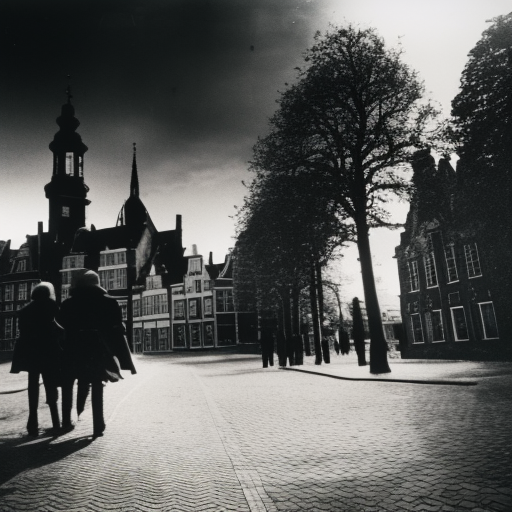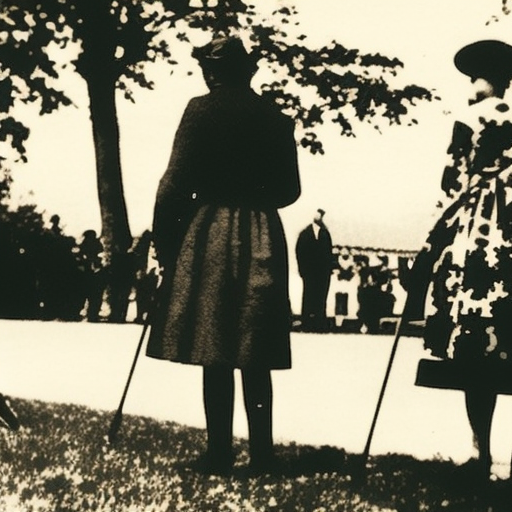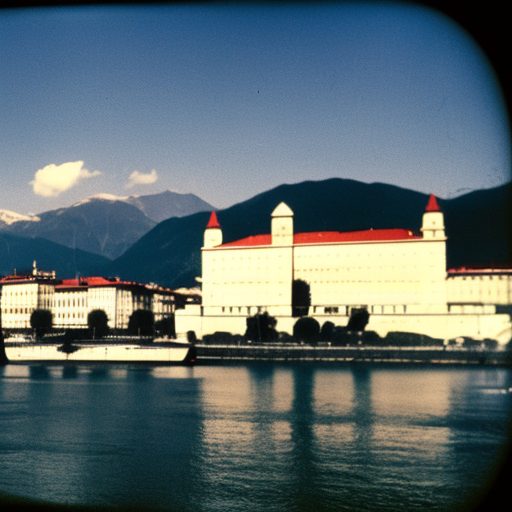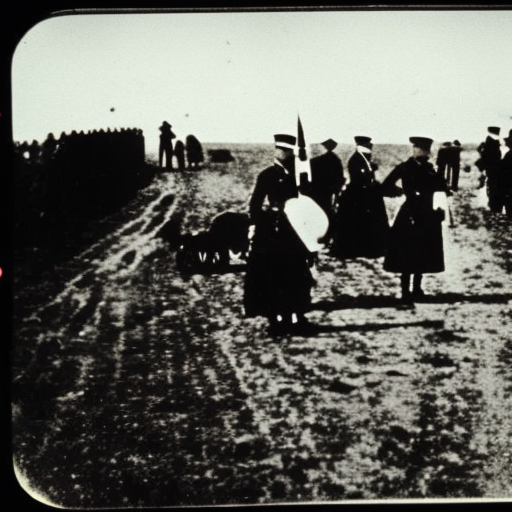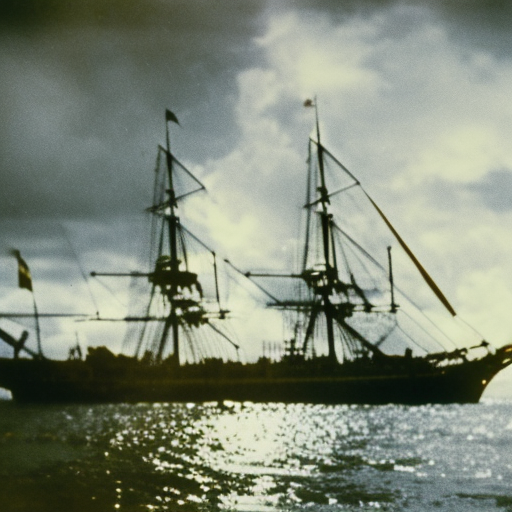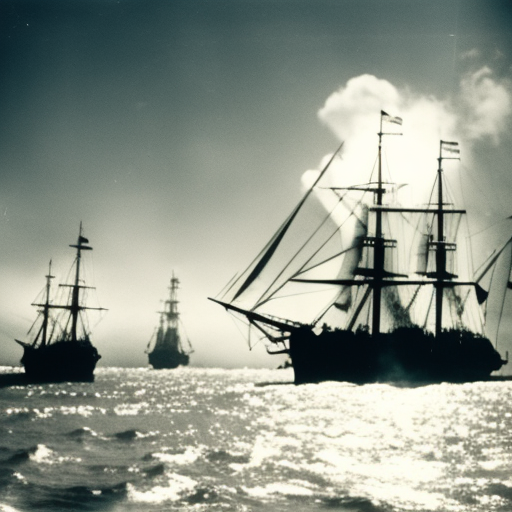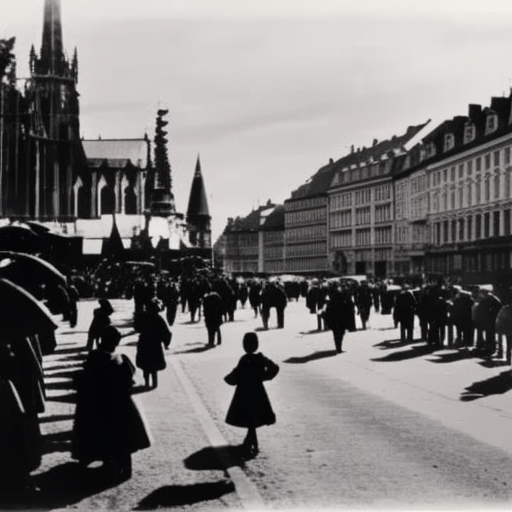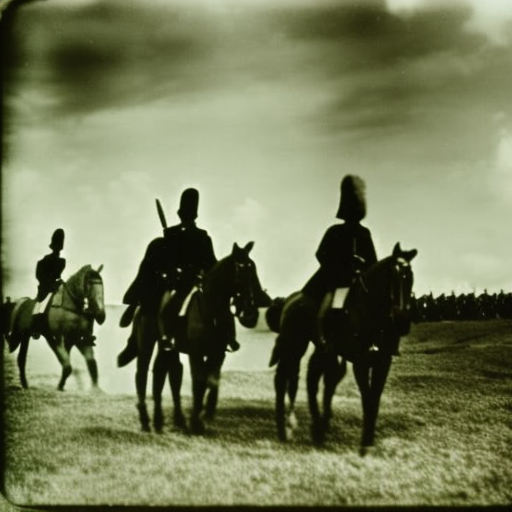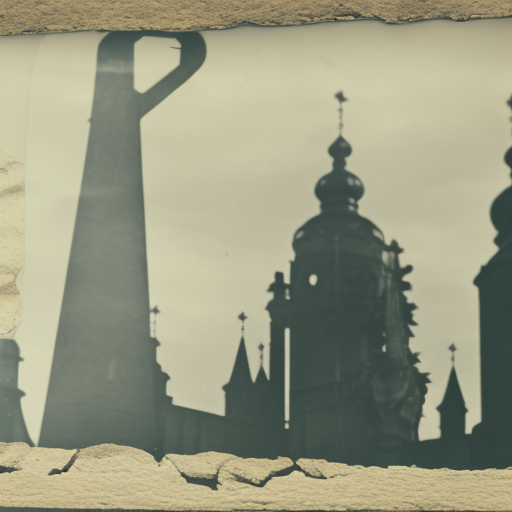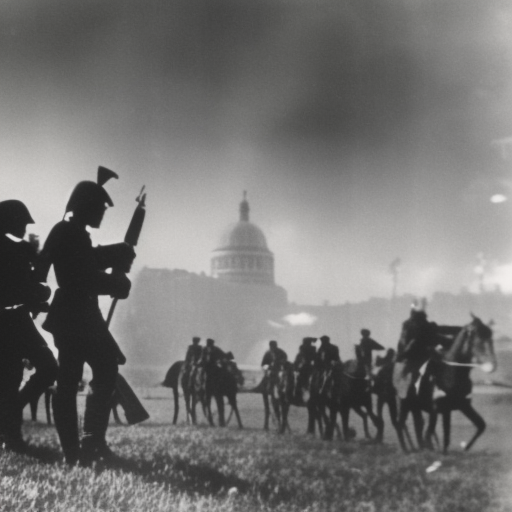The Treaty of Utrecht (1713) was a series of peace agreements that ended the War of the Spanish Succession and reshaped the balance of power in Europe.
The Habsburg Dynasty Explained
The Habsburg Dynasty was a powerful ruling family in Europe for over six centuries, known for their extensive territorial holdings and strategic marriages.
The Molotov-Ribbentrop Pact (1939) Explained
The Molotov-Ribbentrop Pact was a non-aggression treaty between Nazi Germany and the Soviet Union that allowed both countries to divide Eastern Europe and set the stage for World War II.
The Locarno Treaties (1925) Explained
The Locarno Treaties were a series of agreements signed in 1925 aimed at ensuring peace and resolving territorial disputes in Europe after World War I.
The Franco-Prussian War (1870-1871) Explained
The Franco-Prussian War was a conflict between France and Prussia that resulted in the defeat of France and the unification of Germany.
The Spanish Armada’s defeat (1588) Explained
The Spanish Armada’s defeat in 1588 marked a turning point in European naval power and secured England’s dominance as a maritime nation.
The Battle of Trafalgar (1805) Explained
The Battle of Trafalgar was a naval conflict in 1805 between the British Royal Navy and the combined French and Spanish fleets, resulting in a decisive victory for the British and securing their naval dominance.
The Battle of Agincourt (1415) Explained
The Battle of Agincourt was a significant English victory during the Hundred Years’ War, where a small English army defeated a much larger French force.
The Siege of Vienna (1683) Explained
The Siege of Vienna in 1683 was a pivotal battle that marked the turning point in the Ottoman Empire’s expansion into Europe.
The Battle of Waterloo (1815) Explained
The Battle of Waterloo was a decisive conflict in 1815 that ended Napoleon Bonaparte’s rule and marked the end of the Napoleonic era.
The Treaty of Westphalia (1648) Explained
The Treaty of Westphalia (1648) marked the end of the Thirty Years’ War and established the principles of modern state sovereignty and religious tolerance.
The Napoleonic Wars (1803-1815) Explained
The Napoleonic Wars were a series of conflicts fought by Napoleon Bonaparte and his allies against various European powers, resulting in significant territorial and political changes.









